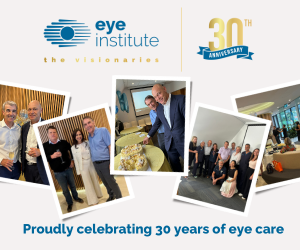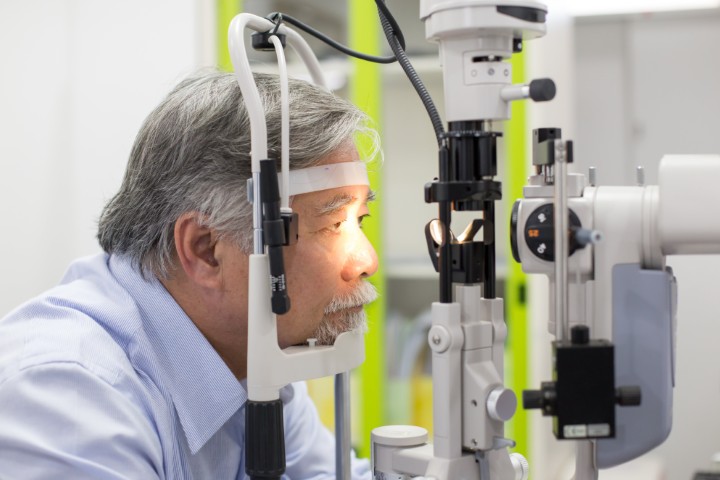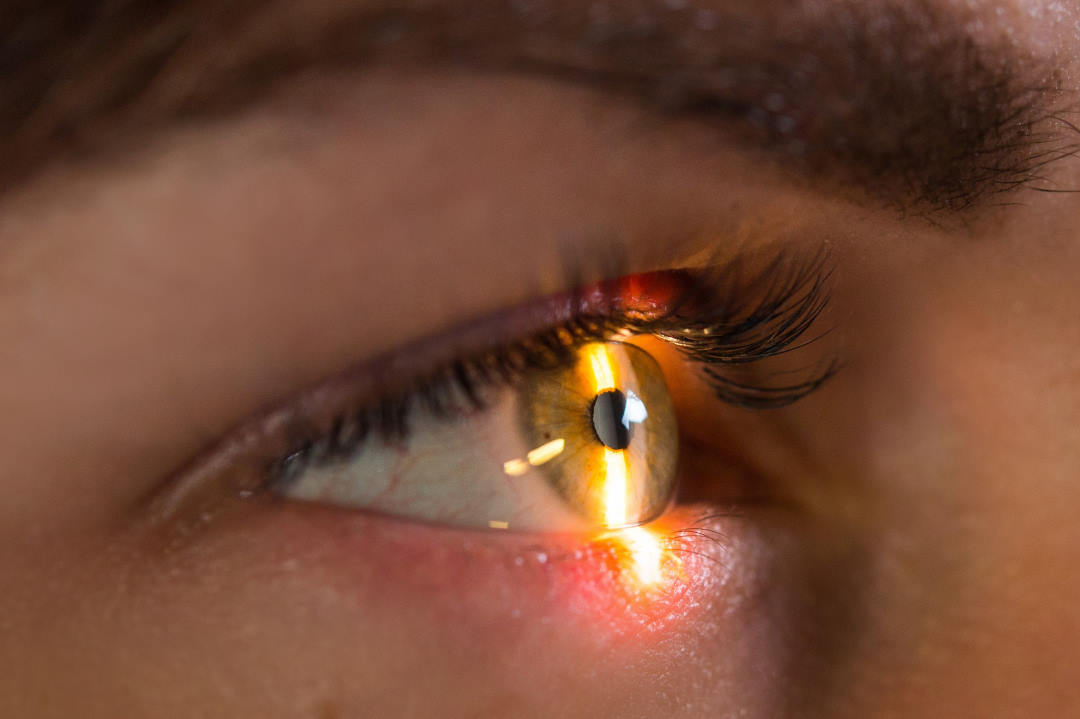Artificial photoreceptors restore sight
A Fudan University team in China has developed artificial photoreceptors to replace diseased and no longer functioning rod and cone cells within the retina.
A study on laboratory mice, published in Nature Communications, showed the artificial photoreceptors, made from gold and titanium oxide nanowire arrays, could successfully convert light into electrical signals, functioning much like the cells they replace.
“Nanomaterials are very thin and ocular implantation surgeries are highly practical in clinical contexts,” said Zhang Jiayi, co-author and lead researcher. “As such, the application of this research on the blind will be simple and convenient.”
The procedure will target degenerative eye diseases like age-related macular degeneration, caused by the deterioration of light-sensing nerve tissue at the back of the eye.



























